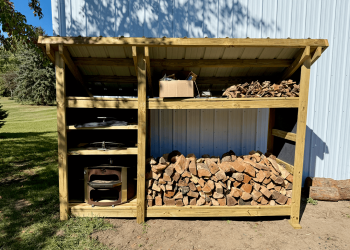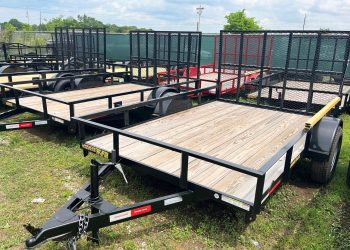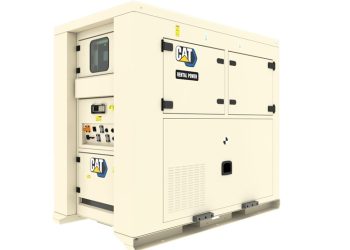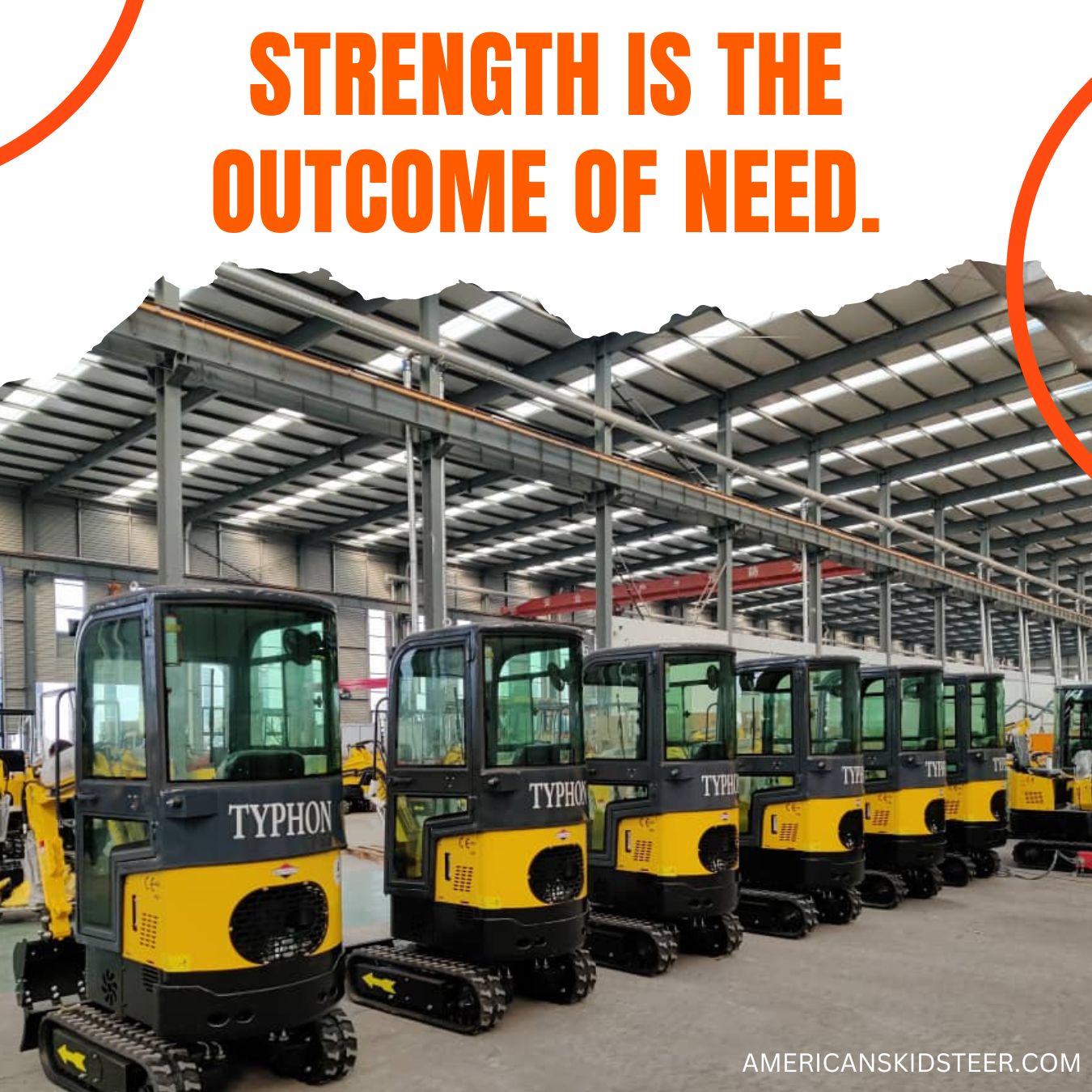There are various kinds of equipment used in construction and industrial applications. Each has a special function, allowing professionals to complete their jobs efficiently and safely. An excavator is one of the numerous standard machines on a worksite. The excavator has further uses in construction, creating a useful piece of machinery for different tasks.
If you are a builder, designer, or parcel owner who has a construction or industrial task, you likely need to buy or rent an excavator. Nevertheless, before you do so, it’s most useful to learn more about this machine and see the correct type of excavator for your project.
Introduction of an Excavator?
An excavator is a kind of serious equipment commonly used for a variety of earthmoving charges. Also called a digger, it is provided with a bucket, arm, rotating cab, and trails that feed it the mobility and energy it needs to satisfy several functions on the worksite.
What is an Excavator Used For?
In the broadest sense, a digger is most generally used for hauling different loads, such as soil and rock, for the ease of a construction or building operation. While more miniature excavators may be restricted to this transportation function, larger and more effective excavator types have a wider spectrum of applications, especially in large-scale tasks, such as mining or floor setting.
To know more about how you can use a digger for your task, we have listed the various functionalities of the machine. Resume reading to learn how good an excavator really is.
Excavation and Earthmoving
Excavation and earthmoving jobs are the most common jobs in the construction industry. Like any masterwork, a construction project needs a smooth, blank canvas that is free from waste like rocks and unconsolidated soil. Relying on the ranking of your task, there are several other excavator types that you can select from based on your requirements, budget, and project scale.
Demolition
Even for many experts in the construction enterprise, diggers may not be the foremost piece of heavy-duty tools that come to mind when you feel about a destruction job. Wrecking balls are usually the more likely explanation for a demolition job, but that does not imply that they are the only means for the job. Some diggers are more than able to complete your waste task, while still living fit for other deliverables on your task timeline.
Mining and Pipe-Laying
With a degree of underground activity, mining, and pipe-laying need strong excavator types that can endure the constant pulling of heavy bags, as well as a regular hoist and lower hydraulic or electric motor system that can safely haul heavy pipes or mining sees. Excavator types that can accomplish this task type are usually armed with extended, barebones cracks that can withstand the regular horizontal and vertical load pulling needed for these studies.
Roadworks
From skyways and roads to bridges and tunnel highways, the infrastructure that runs into our roadwork would not be feasible if not for the power and efficiency that diggers can get to a task. By using excavators for a roadwork job, you can create healthy bases for roads that can take the weight of automobiles and loads and withstand the components.
Construction
Whether residential or commercial, digger gear is a must for any construction task. The capacity to dig serious trenches for multi-story structures is a must for stable and long-lasting floors. Similarly, the flexibility that diggers afford for heavy lifting fabrics is a strong complement for compact workplaces that need mobility when transporting things around the task.
Conclusion:
Whether you’re working on a construction site, landscaping project, or industrial operation, excavators are indispensable tools that offer precision and efficiency. By understanding their capabilities and choosing the right type for your needs, you can maximize productivity and achieve exceptional results on every project.









